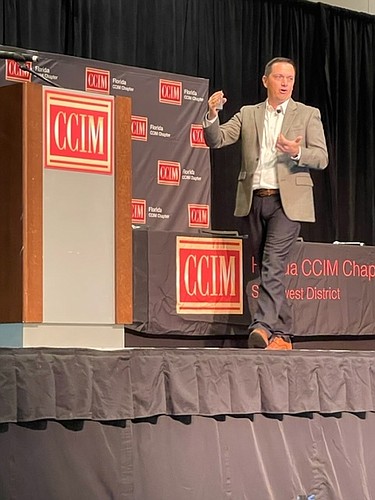- December 13, 2025
-
-
Loading

Loading

While most everyone has grown accustomed to technology disrupting how we do business one way or another, the advent of cryptocurrency and the coming Metaverse are going to upend the world even more, digitizing two things we’ve always taken for granted: money and land.